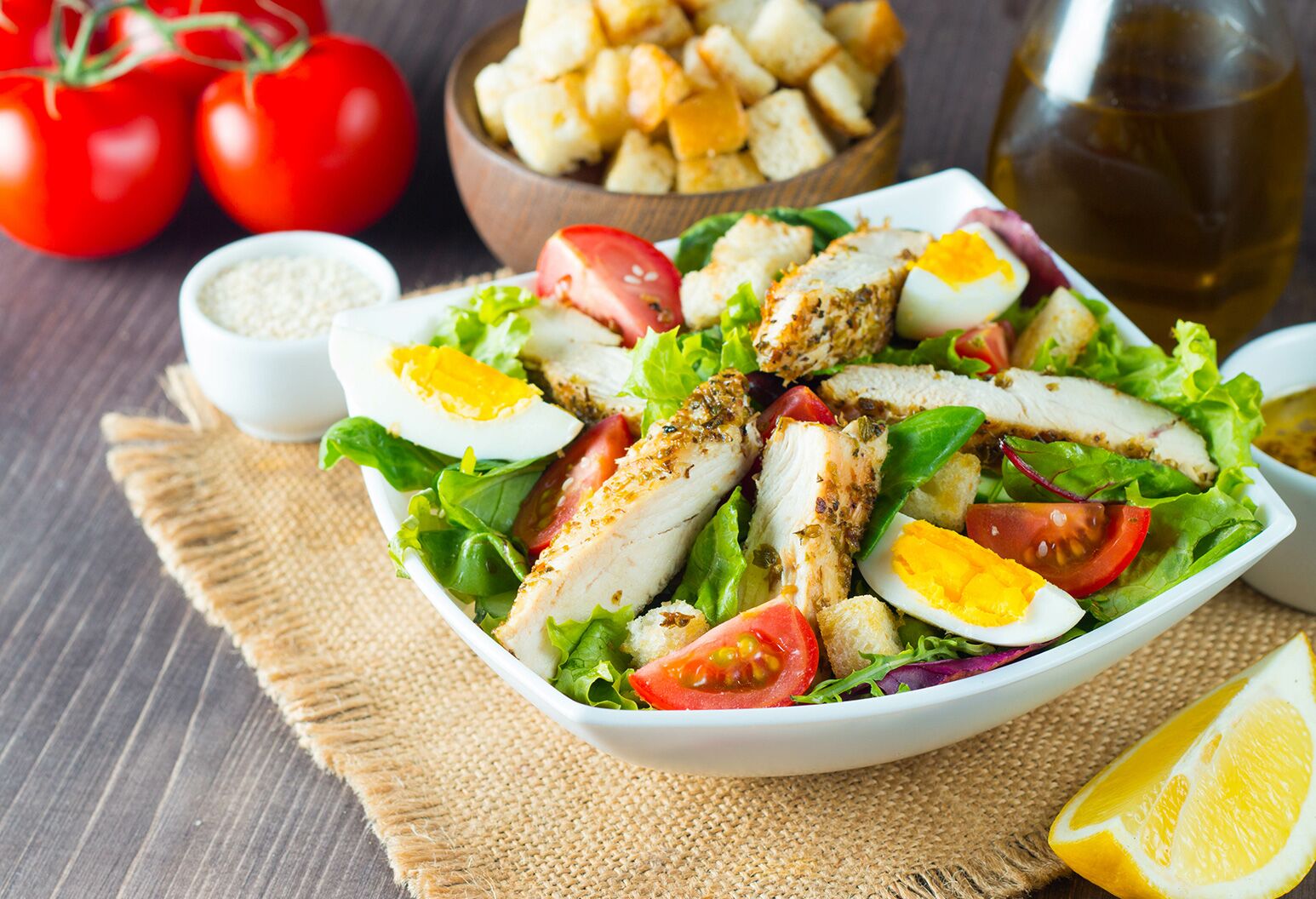healthy living/fitness
Balsamic Chicken And Jicama Slaw: A Perfect Match

A urologist explains the mineral science behind kidney stones—and how your diet can sometimes lead to them.
2 min read
I recently went through the excruciating pain of passing kidney stones. Needless to say, I will do anything to prevent them from returning. I read that a low sodium diet could help. Is that true?
Signed,
“Salty About Salt”
I’m sorry to hear about your experience. Yes, consuming less sodium (salt) may help reduce your risk of kidney stones. Why? Because the most common type of kidney stone is made of calcium oxalate, and sodium and calcium have a special relationship in the body.
Sodium and calcium travel together, which helps your body maintain a balance of these two minerals. If you eat a high-sodium diet, your body eliminates excess sodium in your urine, but you’ll also pee out calcium because of the relationship between sodium and calcium.
Having higher levels of calcium in your urine may contribute to the formation of calcium oxalate kidney stones. Consuming higher-than-normal levels of sodium may also change the balance of other chemicals in your pee, increasing your risk of other types of kidney stones.
To find out how much sodium is in your food, read labels and consider how much you’ll be eating. Try to keep your daily sodium consumption between 2,300 and 3,300 mg.
Another way to limit your sodium intake is to choose whole foods over processed ones. Many people don’t realize that most processed and canned foods are high in sodium because they often don’t taste salty. That’s because processed foods are also usually high in sugar—the salt helps to counterbalance the sweetness.
While certain fruits and vegetables do contain some sodium, they’re also packed with lots of water, which helps to dilute the impact of the sodium. By comparison, most processed foods have much more sodium per weight, with no water to dilute the impact of the sodium.
The water content of whole foods also helps limit how much you eat, which makes it easier to naturally consume less sodium. Think about how much longer it would take you to eat six carrot sticks than six potato chips—and how much saltier and drier the chips are. From a sodium-content perspective, a water perspective, and a quantity perspective, whole foods will always be better for you.
In addition to watching your sodium intake, be sure to drink lots of water. Dehydration is the No. 1 cause of kidney stones. When in doubt, drink more water.
The Well is Northwell Health’s commitment to the future of health care. In this time of information overabundance, much of which is inaccurate, unhelpful, or even difficult to understand, Northwell Health is on a mission to make a difference as an honest, trusted, and caring partner. The site connects with consumers to provide them with personalized content that reduces their stress, makes them laugh, and ultimately feel more confident and capable on their healthcare journey.